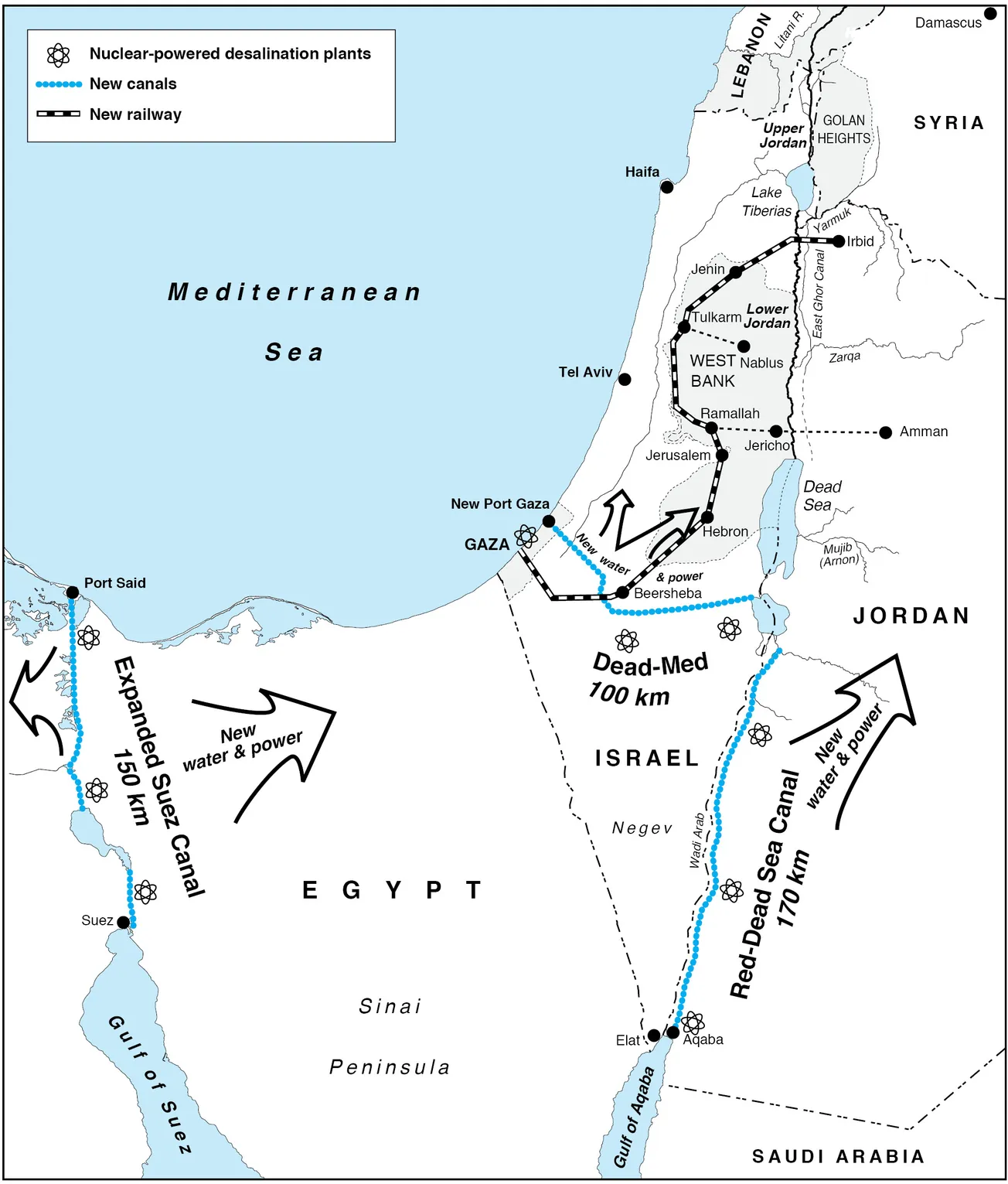To understand what’s taking place in Gaza, put the region in context.
Geographically, Southwest Asia has been used as a crisis point by British geopoliticians for over a century. As a crossroads between three continents, the region is a chokepoint. By stoking conflicts and wars, the region becomes a barrier to connectivity, rather than serving its natural role as a hub. The China-mediated rapprochement between Iran and Saudi Arabia represented a significant recent shift (and an incursion into a region that the British Empire long considered its domain).
Temporally, the Hamas attack on Israel (an attack which was not stopped by the well-funded and highly skilled intelligence community of that nation) intersects both the acknowledged failure of the Ukrainian “counter-offensive” against Russia and the expansion of a new paradigm, as seen, for example, in the growth of the BRICS to include regional powers Saudi Arabia, Iran, Egypt, and the United Arab Emirates.
Putting these temporal and spatial concepts together, we see an accelerating trend towards a new way of seeing the world, running into the wall of an absolutely explosive conflict with cultural ramifications that spread around the entire world, dragging in Jews, Christians, and Muslims, potentially threatening major transportation routes. All this is extremely polarizing and disruptive on many levels.
With that background, what do you think happened with the Hamas attack on October 7?
A report from Israel’s Ministry of Intelligence from October 13 proposes the transfer of Palestinians out of Gaza and into Egypt. While there are those in Israel who would support that policy—or who are now being driven to support it—the military response by Israel, while understandable on some emotional level as a response to a shocking attack, will not lead to a better future for anyone in the region.
Is Ukraine’s response to Russia’s not-unprovoked special military operation in the best interests of that nation? In whose interests is the ongoing refusal to engage in peace talks, which initially showed promise in the spring of 2022?
Is the United States response to China’s developing economy in the best interest of the U.S.? Is shutting down trade, chilling scientific and academic exchange, and siccing the FBI on the Chinese community in America helping to accelerate American economic, scientific, or moral growth?
A scared people, feeling compelled to respond to external events, rather than a deliberative intention for the future, can commit acts that are insane, counterproductive, suicidal.
By exposing the broader background of this conflict between paradigms now playing out in Israel and Palestine, and by laying out a perspective of peace through development, the deliberative, creative potential of the human species can be reached, and a considered basis for hope instilled.







